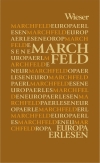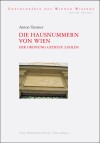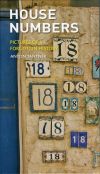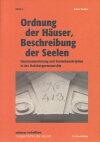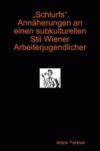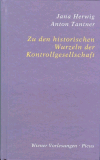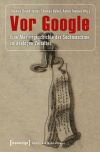Für Kurzentschlossene: Morgen hält Alain Desrosières einen weiteren Vortrag (vgl.
hier), und zwar auf der TU Wien zum Thema
The history of statistics and probability theory as a genre: styles of writing and social uses.
Ort: TU FH, Wiedner Hauptstraße 8-10/105-1,1040 Wien, Turm A, 6. Stock, Seminarraum 107
Zeit: Di, 26.Juni 2007, 16:30
Abstract:
Since the beginnig of the 1980's, the history of probability theory and statistics became an important area of research, either by specialists of different disciplines using them (internalist history), or by historians and sociologists (externalist history). The lecture will give a survey on this research, and a comparison between different ways and styles of writing these histories.
Was there a "probabilistic revolution"? It was the question raised in 1983 by a group of researchers coming from several disciplines, during a one year workshop in Bielefeld, Germany, following an idea of a German phycisist, Lorenz Kruger. Was the "Law of large numbers" used in the same way by disciplines like astronomy, physics, economics, political sciences or sociology?adresscomptoir -
Veranstaltungen - Mo, 25. Jun. 2007, 09:00
